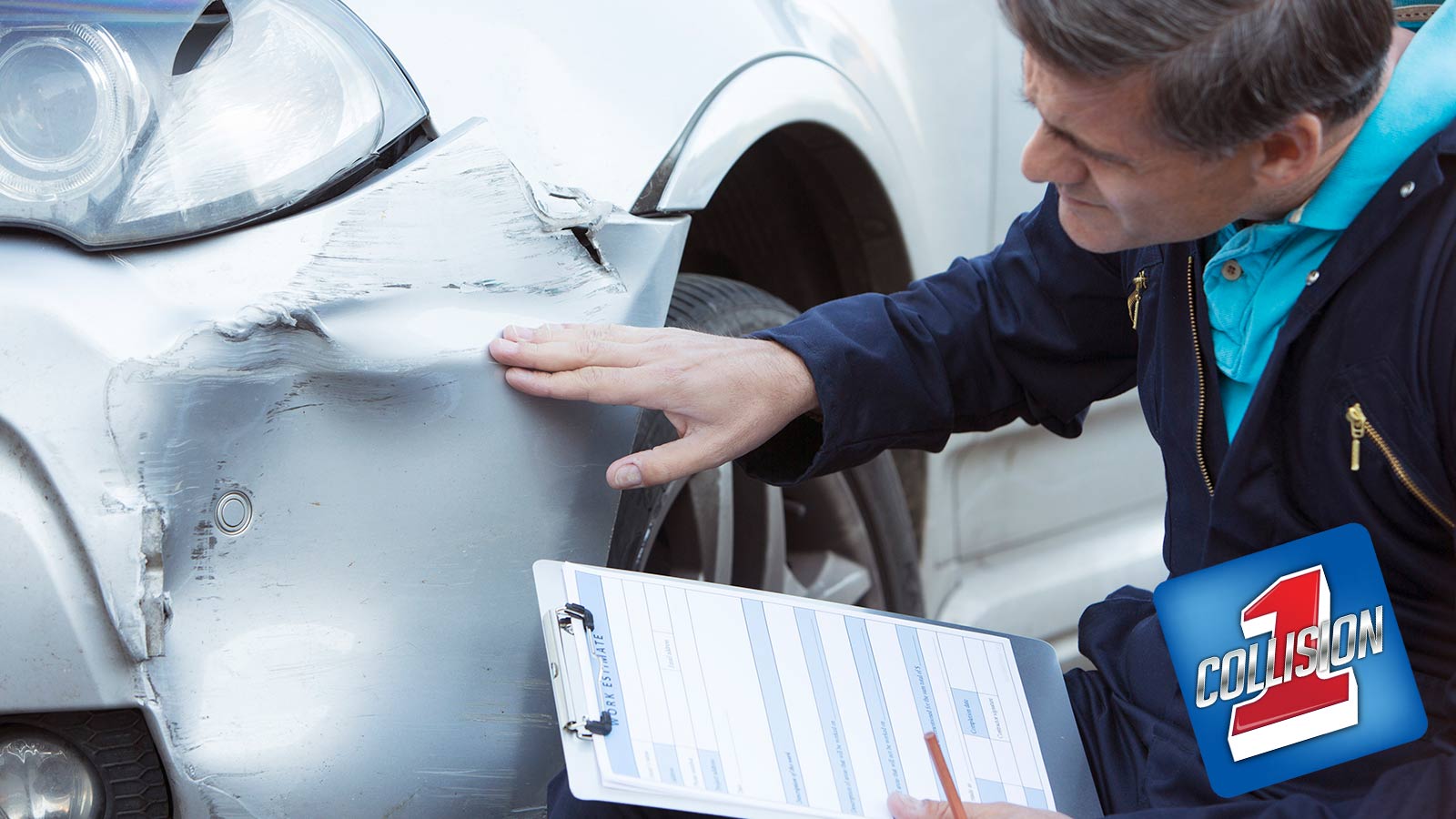The Future of Automotive Sales: Trends to Watch
The automotive sales landscape is in a state of constant evolution, driven by technological advancements, shifting consumer preferences, and broader societal changes. As dealerships and manufacturers navigate this dynamic environment, understanding future trends in automotive sales becomes imperative. This article will explore the emerging automotive market trends that are poised to reshape the industry, offering insights into the automotive sales outlook for the coming years and the innovations in car selling that are already making waves.
The Rise of Digital Showrooms
In an era dominated by digital interactions, the concept of the traditional showroom is undergoing a transformative shift. Virtual showrooms are emerging as a powerful tool in the automotive sales arsenal, enabling customers to explore vehicles from the comfort of their homes. These online platforms provide interactive 3D displays, allowing potential buyers to examine car interiors and exteriors in detail.
As augmented reality (AR) technology continues to advance, we can expect even more immersive experiences. Consumers will soon be able to visualize vehicles in their own environments, making informed decisions without ever stepping foot in a dealership. This trend signifies a move towards convenience and personalization, appealing to tech-savvy buyers who value efficiency.
Emphasis on Sustainability
Sustainability is not just a buzzword; it has become a key driver in the automotive industry. With the rise of electric vehicles (EVs) and eco-friendly alternatives, consumers are increasingly seeking vehicles that align with their environmental values. As a result, the automotive sales landscape will witness a growing emphasis on green technologies and sustainable practices.
Manufacturers are investing heavily in EV development and infrastructure, as well as innovative battery technologies. This trend not only responds to consumer demand but also aligns with global efforts to combat climate change. Dealerships that prioritize sustainability in their offerings and marketing will likely capture a larger share of the market as eco-conscious consumers become more prevalent.
Data-Driven Decision Making
In the realm of automotive sales, data is becoming a crucial asset. Dealerships are leveraging advanced analytics to glean insights from customer interactions, preferences, and purchasing behaviors. By harnessing this data, they can create targeted marketing strategies, optimize inventory management, and enhance the overall customer experience.
Predictive analytics is also gaining traction, allowing dealerships to forecast trends and consumer demands more accurately. Understanding which vehicles are likely to sell well in the future enables dealers to make informed decisions about stock and pricing strategies. This reliance on data-driven decision-making is expected to reshape the automotive sales landscape, enabling businesses to stay ahead of the competition.
Subscription and Flexibility Models
The traditional model of car ownership is gradually being supplemented by alternative options such as subscription services and flexible ownership plans. Consumers are increasingly seeking flexibility in their automotive choices, desiring access to vehicles without the long-term commitment of ownership.
Subscription models allow customers to pay a monthly fee for access to a variety of vehicles, catering to those who value versatility. This trend is particularly appealing to urban dwellers who may need different vehicles for various occasions. As this concept gains traction, dealerships that adopt subscription services could attract a new demographic of buyers looking for convenience and variety.
Enhanced Customer Experiences
The customer journey in automotive sales is becoming more personalized and engaging. Dealerships are focusing on enhancing customer experiences through tailored interactions and exceptional service. With the help of technology, such as chatbots and virtual assistants, dealerships can provide instant support and answers to customer inquiries, streamlining the buying process.
Moreover, the integration of artificial intelligence (AI) in customer relationship management (CRM) systems enables sales teams to offer personalized recommendations based on customer preferences and past interactions. This approach fosters a deeper connection between buyers and dealerships, leading to increased loyalty and repeat business.
Remote Selling and Contactless Transactions
The COVID-19 pandemic has accelerated the adoption of remote selling practices within the automotive industry. As consumers became more cautious about in-person interactions, dealerships adapted by implementing contactless transaction methods. This shift is likely to persist even as restrictions ease.
Online sales platforms that facilitate seamless remote transactions are becoming the norm. Customers can browse inventory, negotiate prices, and complete financing paperwork all from their devices. The convenience of contactless transactions not only enhances the customer experience but also expands the reach of dealerships beyond their local markets.
Conclusion
The automotive sales outlook for the future is one of innovation and adaptation. By embracing emerging automotive market trends, dealerships can position themselves for success in a rapidly changing environment. From the rise of digital showrooms and sustainable practices to data-driven decision-making and enhanced customer experiences, the industry is evolving in exciting ways.
As innovations in car selling continue to shape the landscape, staying informed and adaptable will be key for dealerships and sales professionals. The automotive market is on the brink of significant transformation, and those who embrace these trends will be well-equipped to thrive in the years to come.



